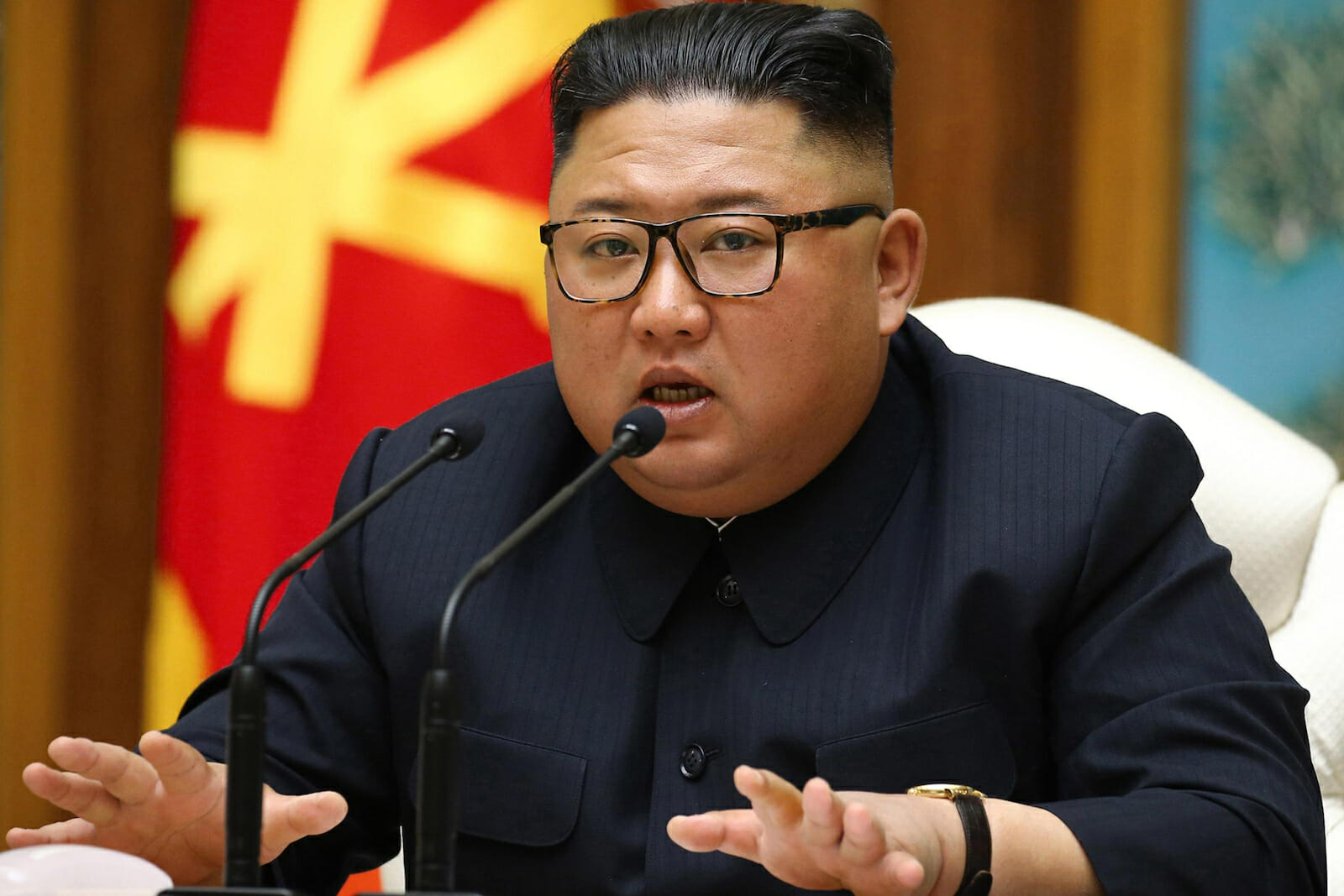
Changing the Approach toward North Korea’s Denuclearization
U.S. negotiations with North Korea have failed to stop the “Hermit Kingdom” from developing nuclear weapons. Because North Korea possesses nuclear weapons, the U.S. should change its approach towards “denuclearization.” The Trump administration should first pursue an arms control agreement and regard full denuclearization as an issue that should be solved further down the road. The U.S. should offer partial sanctions relief in exchange for an arms control agreement, monitored by the IAEA.
North Korea currently possesses inter-continental ballistic missile technology that could enable North Korea to strike the continental United States. Also, North Korea is further enhancing its military capabilities, making U.S. efforts to stop its missiles from hitting the U.S. mainland after launch more difficult. As time goes by, North Korea will continue to miniaturize nuclear warheads and increase the number of its nuclear weapons, making U.S. efforts to defend against North Korea more difficult. Meanwhile, North Korea will be able to benefit more from negotiations, which is called the “time-technology dilemma.”
In June of 2018, North Korea leader Kim Jong-Un and President Trump met in Singapore and signed a joint statement pledging to pursue lasting peace and complete denuclearization of the Korean Peninsula. However, negotiations have not proceeded ever since.
Earlier efforts at denuclearization failed as well. A 1994 “Agreed Framework” promised that the U.S., South Korea, and Japan would provide North Korea with 2 light-water reactors and additional energy supplies in return for North Korea freezing its nuclear weapons program and allowing IAEA inspectors in. However, this framework did not work out. North Korea did not abide by the agreement, and as a result, the Clinton administration did not implement it.
Reflecting on past failures, a U.S.-North Korea arms control agreement should aim at decreasing North Korea’s nuclear capabilities to a level where it does not pose a direct threat to the U.S. mainland. Based on this agreement, the U.S. would partially relieve sanctions and North Korea would freeze developing its nuclear attack capabilities.
Since North Korea demanded sanctions relief before denuclearization in past negotiations, the U.S. would provide partial sanctions relief first, such as removing sanctions on the import of food stuffs which will not benefit the military. After this, North Korea would freeze the development of its nuclear weapons program. The implementation of this agreement would be monitored by IAEA inspectors.
This policy has three main benefits. First, it will break the current stalemate and lead to the resumption of negotiations. North Korea possesses nuclear weapons in order to secure its country from attack. By permitting the possession of limited nuclear weapons capabilities, North Korea will feel more secure. Second, it will improve the lives of the North Korean people, nearly half of whom are undernourished. Third, by freezing the development of further nuclear attack capabilities that pose a threat to the U.S., the U.S. can make itself more secure, and thus reduce the effect of the “time-technology dilemma.” This is especially important in the era of great power competition when the U.S. needs to focus on dealing with countries such as China and Russia. Additionally, by halting the process of the “time-technology dilemma,” the U.S. will be able to prevent North Korea from gaining an edge over the U.S. in future denuclearization negotiations.
Critics will say that this policy acknowledges and accepts North Korea’s possession of nuclear weapons. Past approaches, to prevent North Korea from developing nuclear weapons, have all failed. This policy, first pursuing an arms control agreement, which will permit North Korea to possess limited nuclear attack capabilities, with IAEA inspections, would allow the U.S. to be able to control North Korea’s nuclear ambitions and lead to a full denuclearization agreement in the future.
Also, some might argue that acknowledging North Korea’s possession of nuclear capabilities will enhance the fear of Japan and South Korea. This might hold true since these countries depend greatly on the U.S. for their defense. However, the fear can be mitigated by the U.S. expressing stronger commitment to these countries. In a tangible way, it can deploy additional forces in or near these countries. In an intangible way, it can announce publicly that the U.S. will commit more and also stipulate stronger commitment in law, such as the National Defense Authorization Act.
Currently, North Korea is estimated to have 30 to 60 nuclear weapons. Also, it is developing delivery capabilities. The current situation of not doing anything towards denuclearization is the beginning of the worst-case scenario. By changing the approach towards North Korea, the U.S. would be able to secure its country more and make progress in future negotiations to denuclearization.

